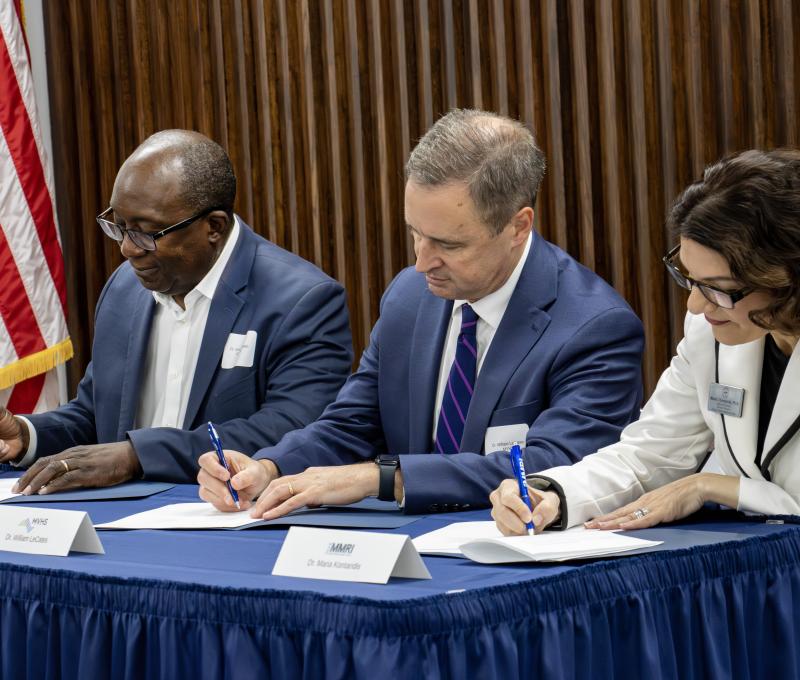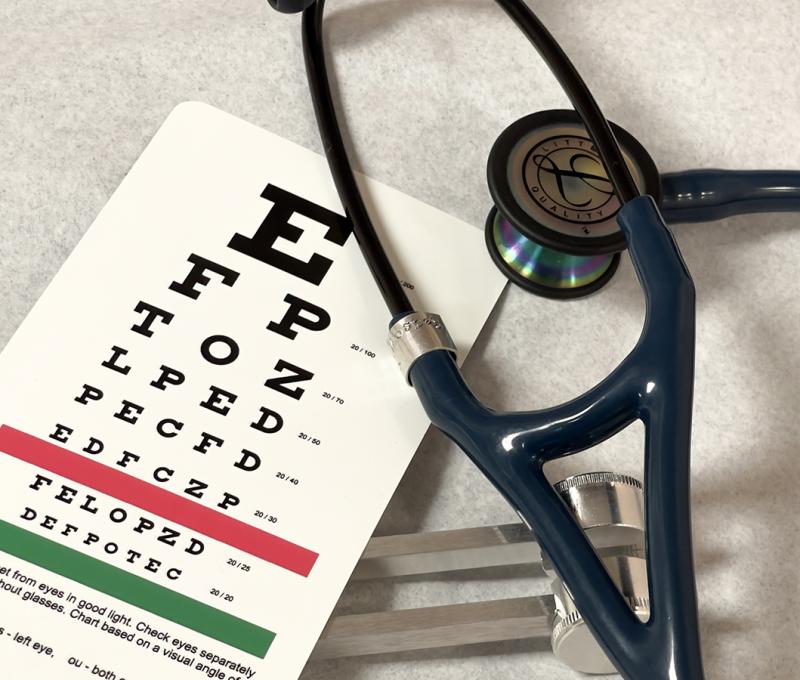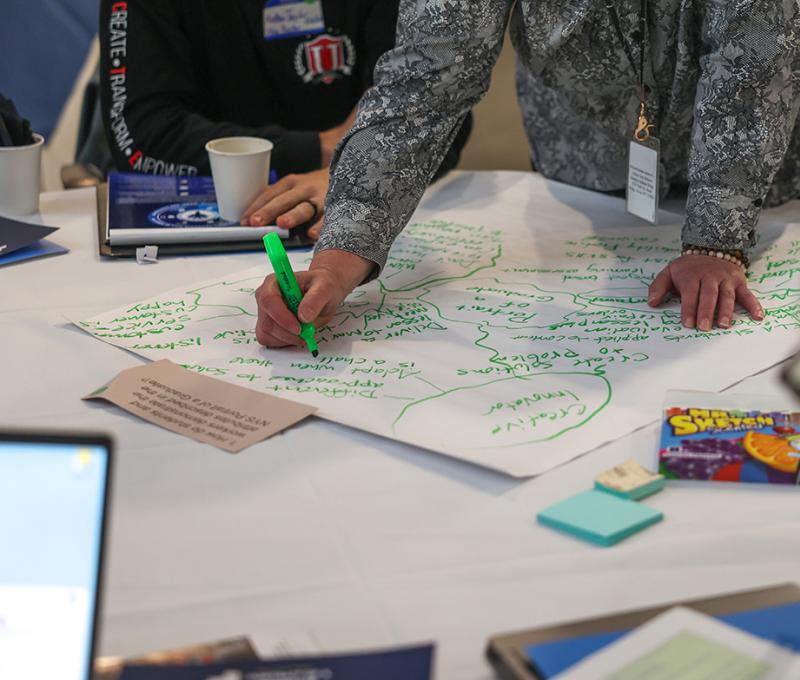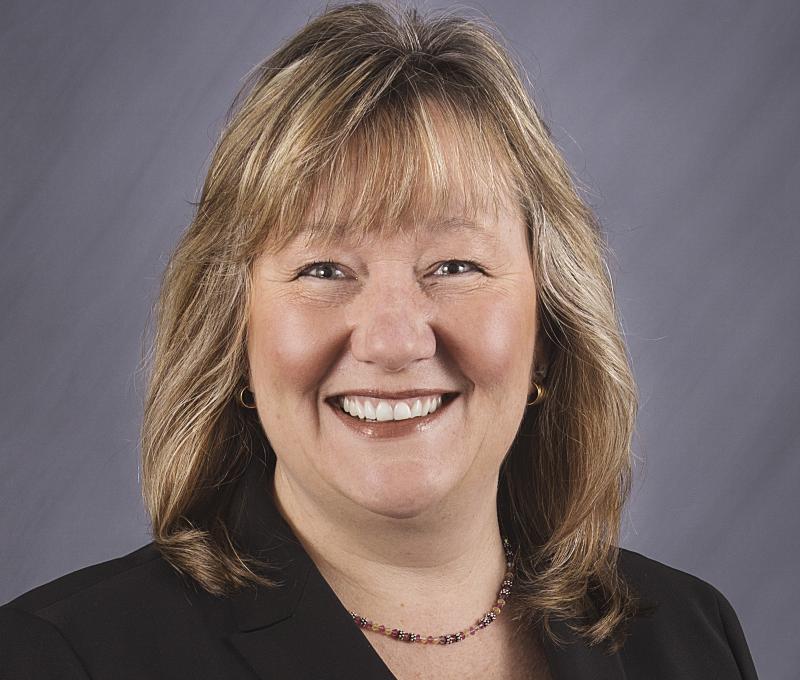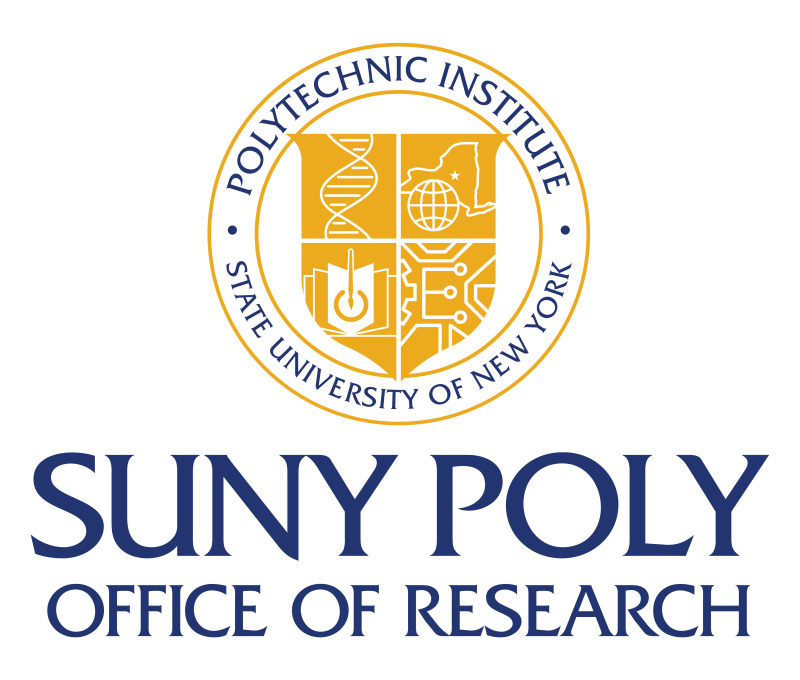Governor Cuomo Announces Construction of the First New SUNY Zero-Net, Carbon-Certified Residence Hall

Governor Andrew M. Cuomo today announced the first new State University of New York zero-net, carbon-certified residence hall on campus. SUNY, in partnership with the Dormitory Authority of the State of New York, will begin construction of the $33.5 million, 257-bed, residence hall project at SUNY Polytechnic Institute's Utica Campus. It is expected to be open for student residents by August 2020.
"This innovative zero-net, carbon-certified residence hall represents a new level of energy performance with rigorous requirements that ensure outstanding levels of energy savings and provide a healthy environment for students," Governor Cuomo said. "This project is a bold step for SUNY as the college system continues down the path to reduce its carbon footprint and builds on our Green New Deal initiative to make New York's electricity 100 percent carbon neutral by 2040 and create a more sustainable, green economy."
"This state-of-the-art building furthers our efforts to meet our aggressive clean energy goals," said Lieutenant Governor Kathy Hochul. "This SUNY residence hall will be the first zero-net, carbon-certified building on the SUNY Poly campus in Utica. When constructed, the building will use renewable energy resources and result in significant energy savings. The project is another step to reduce greenhouse gas emissions, combat climate change, and ensure a cleaner and greener environment for future generations."
The residence hall will be constructed as "zero-net, carbon certified," meaning in addition to exceeding existing energy codes, the infrastructure to add future on-site renewable energy production systems will be in place. Once these systems are installed, the building will use equal to or less than the energy annually it can produce on-site through renewable resources.
The project coincides with Chancellor Johnson's plan to retrofit and renovate SUNY's 64-campus system to achieve greater energy savings. This plan includes SUNY sourcing 100 percent of its electricity from zero- carbon sources, including renewables and energy storage, and requires all new SUNY buildings to be designed to achieve zero-net carbon emissions. Making the switch at SUNY's 2,346 buildings - which represent 40 percent of the building infrastructure in New York State - is expected to reduce the State's carbon footprint by more than 400,000 tons of carbon dioxide equivalents per year.
DASNY will work with Hueber-Breuer Construction Co. and utilize the design-build method, an alternative project delivery technique where both design and construction services are provided through a single contract to expedite project delivery and provide savings, while maintaining a high level of quality.
The building's design will revolve around sustainability and energy efficiency to save energy and improve the mental and physical health of its residents. The residence hall will include hotel-style student rooms with adjacent lounges, kitchens, study and laundry areas, as well as a multi-purpose room, game room and a bike storage area. It will also include many outdoor green spaces such as a courtyard and trellised area with outdoor grills, and incorporate a bioretention/rain garden to detain storm water runoff and remove contaminants from the water. In addition, the residence hall will include connections to a future photovoltaic/solar power system.
The design-build team will pursue both Zero Energy Building (ZEB) Certification and Zero Carbon Certification through the International Living Future Institute (ILFI). The building will be ultra-energy efficient with infrastructure and connections so that on-site renewable energy systems can be installed in the future to achieve ILFI's ZEB certification.
The residence hall is being financed through DASNY's SUNY Dormitory Facilities Program, which issues low-cost, tax-exempt bonds supported by student residence hall fees.
SUNY Chancellor Kristina M. Johnson said, "The return on investment for clean energy and sustainability is highest when we repair buildings or, as in the case at SUNY Poly, there is significant demand for new infrastructure. This project is an opportunity for SUNY to continue making progress toward Governor Cuomo's clean energy goals, and it serves as an example to our students that the leadership of New York State and SUNY are committed to our environment."
DASNY President & CEO Dr. Gerrard P. Bushell said, "Efficiency. Sustainability. Excellence. All of these hallmarks will be on display here at SUNY Polytechnic Institute in Utica. With design-build we will be able to deliver this residence hall in an expedited timeframe and provide savings, all the while maintaining quality and supporting the State's energy goals. This zero-net, carbon-certified residence hall will provide outstanding levels of energy savings, as well as healthy and comfortable accommodations for students to live and learn."
SUNY Polytechnic Institute Interim President Dr. Grace Wang said, "We are thrilled to begin construction on SUNY Poly's newest residence hall, which will help provide an even more vibrant experience for our students who are gaining a top-tier education at our Utica campus. Notably, as a result of our academic offerings and unique hands-on learning opportunities, SUNY Poly has the largest student body this institution has seen since the early 1980s, so this new residence hall comes at the perfect time. We are not only thrilled to be working with DASNY, as they lead the process enabling construction of this new facility, but SUNY Poly is also excited to support Governor Cuomo and Chancellor Johnson's energy savings goals by implementing robust energy stewardship plans to make this new dorm as environmentally friendly as possible, while it serves to enhance the quality of life for our students."
New York State Energy Research and Development Authority President and CEO Alicia Barton said, "Projects like this exemplify New York's leadership in accelerating energy efficiency achievement in state-owned facilities as called for by Governor Cuomo's New Efficiency: New York and Green New Deal. A net-zero residence hall will offer SUNY Poly cost-effective and efficient means for cutting emissions and reducing their energy costs, while making living more comfortable and healthier for its students."
Senator Joseph A. Griffo said, "I am pleased that construction will be starting on a $27.8 million zero-net, carbon-certified residence hall on the SUNY Polytechnic Institute campus. This project will only add to the educational opportunities and experience the campus already offers to students."
Assemblymember Marianne Buttenschon said, "I am looking forward to the completion of this dynamic project, and am thrilled that SUNY Poly is the leader with the creation of a zero-net, carbon-certified residence hall. Not only is this an incredible opportunity for SUNY Poly to build upon their current enrollment, which is at its highest point since the 1980s, but it is also an opportunity for our area to benefit as a whole. We have an abundance of eateries, shops and entertainment in close proximity to the college, and we hope that a project of this magnitude will show students that SUNY Poly, and the greater Mohawk Valley, is a the perfect option for their higher education."
Oneida County Executive Anthony J. Picente Jr. said, "This project is a prime example of how New York State and Oneida County are leading the way in energy efficiency. I am proud that our SUNY Poly campus will be the showcase for this zero-net, carbon-certified residence hall and I applaud the college's foresight for innovation and leadership. I hope it will become the model for all future such projects on college campuses across the country."
About Zero-Net Carbon/Zero-Net Energy
Zero-Net Carbon (ZNC) means the project will eliminate use of all fossil fuels and purchase renewable energy to supply the needed electricity. Zero-Net Energy (ZNE) requires that the renewable energy production occurs on the project site.
About the International Living Future Institute (ILFI)
The International Living Future Institute (ILFI) is a not-for-profit working to build an ecologically-minded, restorative world for all people. Using principles of social and environmental justice, ILFI seeks to counter climate change by pushing for an urban environment free of fossil fuels.\
Reforming the Energy Vision
This project complements the Governor's Reforming the Energy Vision (REV) strategy to build a clean, resilient, and affordable energy system for all New Yorkers. REV is ensuring New York State reduces statewide greenhouse gas emissions 40 percent by 2030 and achieves the internationally recognized target of reducing emissions 80 percent by 2050.
Reforming the Energy Vision is Governor Andrew M. Cuomo's strategy to lead on climate change and grow New York's economy. REV is building a cleaner, more resilient, and affordable energy system for all New Yorkers by stimulating investment in clean technologies like solar, wind, and energy efficiency. This program is in support of the recently adopted Clean Energy Standard, which requires that 50 percent of the state's electricity needs be generated from renewable energy sources by 2030. Already, REV has driven 600 percent growth in the statewide solar market, enabled more than 105,000 low-income households to permanently cut their energy bills with energy efficiency, and created thousands of jobs in manufacturing, engineering, and other clean tech sectors. To learn more about REV, including the Governor's $5 billion investment in clean energy technology and innovation, please visitwww.ny.gov/REV4NY and follow us at @Rev4NY.
About The State University of New York
The State University of New York is the largest comprehensive system of higher education in the United States, with 64 college and university campuses located within 30 miles of every home, school, and business in the state. As of Fall 2018, more than 424,000 students were enrolled in a degree program at a SUNY campus. In total, SUNY served 1.4 million students in credit-bearing courses and programs, continuing education, and community outreach programs in the 2017-18 academic year.SUNY oversees nearly a quarter of academic research in New York. Its students and faculty make significant contributions to research and discovery, contributing to a $1.6 billion research portfolio. There are 3 million SUNY alumni worldwide, and one in three New Yorkers with a college degree is a SUNY alum. To learn more about how SUNY creates opportunity, visit www.suny.edu.
###



